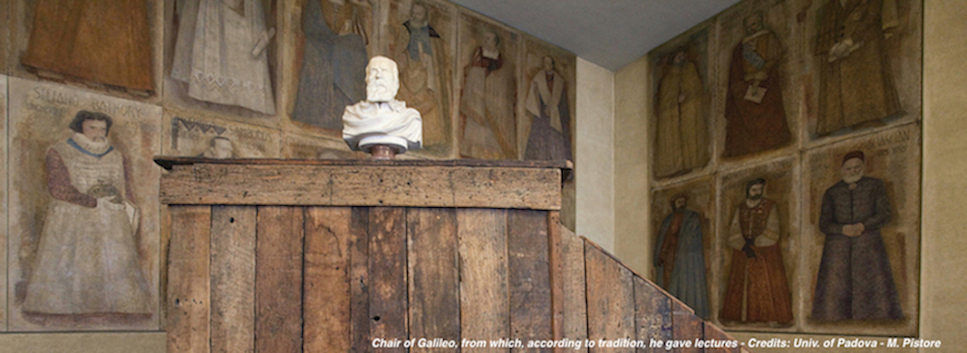Speaker
Description
The development of cryogenic calorimeters to search for neutrinoless double-beta decay (0$\nu$DBD) has given in the last years increasingly promising results. The possibility of achieving ton-scale exposures, maintaining an excellent energy-resolution, makes this kind of detector very suitable for a next-generation experiment.
In order to achieve a nearly background-free condition, scintillating crystals for 0$\nu$DBD have been developed. Thanks to the light-assisted particle discrimination, cryogenic calorimeters based on scintillating crystals demonstrated the complete rejection of the dominant alpha background.
The CUPID-0 detector, an array of 24 ZnSe enriched crystals, is one of the most advanced examples of such experimental technique.
CUPID-0 has taken data at LNGS from 2017 to 2019, measuring the lowest counting rate in the region of interest for this technique. It has also set the most stringent limit on the Se-82 0$\nu$DBD, reaching competitive results with limited exposure of approximately 10 kg $\cdot$ y. In this contribution, we present the final results of CUPID-0 Phase I including a detailed model of the background, the measurement of the Se-82 2$\nu$DBD half-life, and the search for CPT violation.
Furthermore, we present the first results after the detector upgrade in 2019 which purpose is a better understanding of the background sources.
| Collaboration name | CUPID-0 |
|---|

